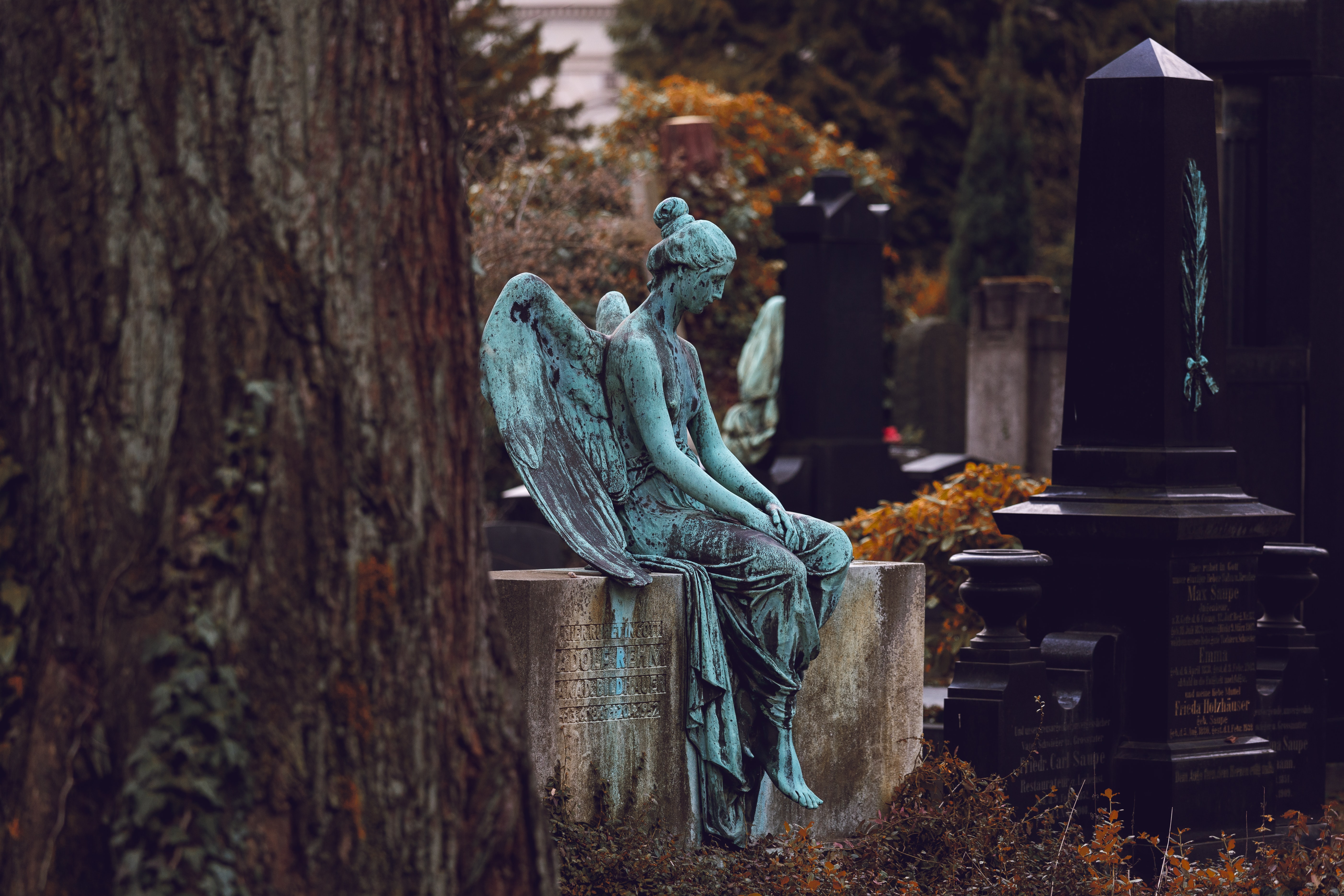November is traditionally a month when we remember the dead. So perhaps it would be logical that my thoughts would return to a familiar question that has plagued humanity: what happens to us after we die? Sure, we can look to scriptural foundations. We know that we will experience a resurrection of our bodies (1 Corinthians 15:12-28, 52). “We shall be like Christ, for we shall see him as He is” (1 John 3:2).
But what about the time from our physical death to the resurrection?
I serendipitously (or providentially?) discovered a poem by St. John Henry Newman, The Dream of Gerontius. Having studied at Maryvale Institute, where Newman lived after his conversion to Catholicism, I am naturally fascinated by his works. Written in 1865, the poem describes the path of the soul after death. Surely, an apt work to read on the Feast of All Souls — or any time, for that matter.
Gerontius is a personification of an “old man” who has recently died. As the poem begins, Gerontius experiences the initial consciousness of what it means to be, as a soul without a body. Quickly, the soul realizes he is both surrounded and “borne” along the way toward something yet undefined. In near-death experiences, I would suggest, this is often a “light” that beckons.
Next, we meet the priest who intones the liturgy and prayers for the dead during the Mass. Laypeople, known as Assistants, call upon a litany of saints to intercede for Gerontius.
The soul meets his guardian angel, who proclaims his mission on earth is finished, but then acknowledges that he is yet not done. The soul wishes to go upward into the presence of God for judgment. The angel wisely advises that time outside of the earthly plane is measured far differently.
The soul meets his guardian angel, who proclaims his mission on earth is finished, but then acknowledges that he is yet not done. The soul wishes to go upward into the presence of God for judgment. The angel wisely advises that time outside of the earthly plane is measured far differently.
As the soul hastens to meet its Judge, it encounters five choirs of angelic hosts. And demons … but they’re not as powerful as the soul once thought on earth. Rather, they’re both caged and raged against their fate.
The pursuit toward God brings the soul the realization that, perhaps, one is not as saintly as had been originally thought — “that sight of the Most Fair will gladden thee, but it will pierce thee too,” warns the guardian angel. Why? Because of a dual pain in which the soul earnestly desires to be with God and yet is all too aware of one’s vileness.
Yet, the soul in its pride still does not fear to approach God. Upon reaching the presence of Christ, it suddenly realizes its unworthiness, recoils, and begs to be sent to Purgatory. Dutifully, the guardian angel leads the soul onward and promises to once again meet it when the purgation is past. The soul will not be left destitute — “Masses on the earth, and prayers in heaven, shall aid thee at the Throne of the Most Highest.”
It’s only fitting that Newman plunges his “old man” into the purgatorial fires after he sees Christ. As 1 John 3:3 continues, “Every one who thus hopes in him purifies himself, even as he [God] is pure.” It’s also a wonderful reminder, as 2 Maccabees 12:46 enjoins the Church militant, to make atonement for the dead.
Tamra Hull Fromm, Ph.D., is director of discipleship and an instructor with the Catholic Biblical School of Michigan and has taught at Sacred Heart Major Seminary in Detroit.










